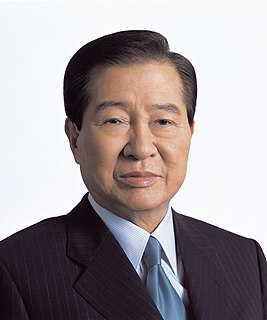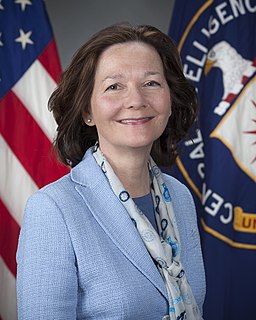A Quote by Cory Gardner
Besides the conventional military threats, North Korean cyber capabilities are growing.
Quote Topics
Related Quotes
There's no military solution to North Korea's nuclear threats, forget it. Until somebody solves the part of the equation that shows me that ten million people in Seoul don't die in the first 30 minutes from conventional weapons, I don't know what you're talking about, there's no military solution here, they got us.
The FBI has built up substantial expertise to address cyber threats, both in the homeland and overseas. Here at home, the FBI serves as the executive agent for the National Cyber Investigative Joint Task Force (NCIJTF), which joins together 19 intelligence, law enforcement, and military agencies to coordinate cyber threat investigations.
The North Korean Communists are implacably pursuing their military buildup in defiance of the international trend toward rapprochement and of the stark reality of the Korean situation, as well as of the long-cherished aspiration of the 50 million Koreans. The North Koreans have already constructed a number of underground invasion tunnels across the Demilitarized Zone.
Beijing cannot sit by and let her North Korean ally be bombed, nor can it allow U.S. and South Korean forces to defeat the North, bring down the regime, and unite the peninsula, with U.S. and South Korean soldiers sitting on the Yalu, as they did in 1950 before Mao ordered his Chinese army into Korea.
































